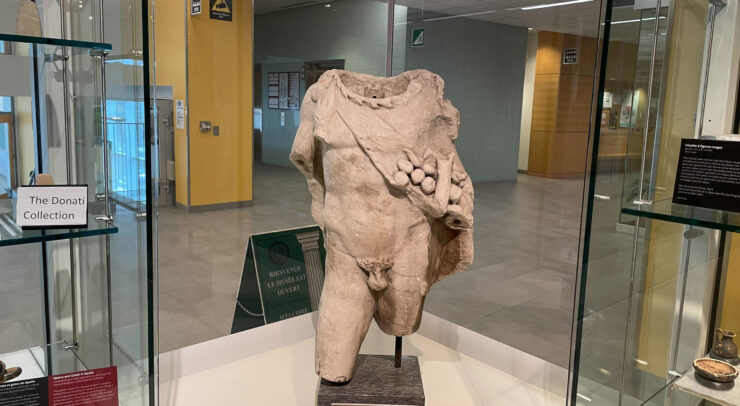Mindfulness sessions designed to help relieve stress from intense curriculum
The University of Ottawa’s Faculty of Medicine has recently implemented new meditation sessions as a way for students to relieve stress.
The sessions will occur bi-monthly, with four during the academic year for first- and second-year medicine students, and half-day sessions for third-year students.
The implementation of these meditation sessions into the curriculum was led in part by Dr. Heather MacLean, an assistant professor specializing in neurology at the U of O’s Faculty of Medicine.
MacLean spoke to the Fulcrum about her views on the importance of the new meditation sessions, and why she believes that learning to de-stress is vital for health-care practitioners.
“Medical school is well known to be a gruelling course of study,” said MacLean. “It can be one of the most rewarding times in our students’ lives, but (it) also can be a time of risk with many students suffering negative stress-related outcomes.”
“The rates of burnout in medical students are much higher than for the general population,” said MacLean. Along with others in the Faculty of Medicine, she developed the program by asking how to foster self-care skills and embed them into the medical school curriculum.
MacLean gathered evidence on mindfulness from other post-secondary institutions such as Monash University in Australia, which showed that mindfulness—the practice of being aware of how one’s thoughts and emotions affect their actions—can lower anxiety and depression and improve the quality of one’s life.
MacLean and her colleagues in the Faculty of Medicine implemented aspects of the program from other universities, where this mindfulness training is typically optional, and decided to make it more consistent with regular sessions for students in all years.
The study of mindfulness has established its place on the U of O campus, with this initiative joining the recent implementation of the Academy of Mindfulness and Contemplative Studies.
According to MacLean, who practices meditation herself every morning, reducing stress can ultimately improve performance at work. For health-care practitioners, this means improved patient care.
While not all students have taken advantage of the new meditation program yet, some are already seeing its value.
Matthew Hughes, a fourth-year U of O medical student told the Fulcrum that “medical students are, by-in-large, resilient people … but many people underestimate the stress of being a member of top-tier students, asking people intimate questions, and making choices that impact the lives of others.”
“Since mental illness occurs in nearly a third of medical students, positive coping mechanisms and stress-relieving initiatives are crucial for medical students,” said Hughes.
“I think there is a delicate balance between how much you commit to your stress relief and how productive you ultimately are, but maintaining wellness makes you more productive in the long-run,” he continued.
“Meditation reminds medical students to stop and smell the roses from time-to-time. It allows us to keep centred and re-evaluate situations.”





